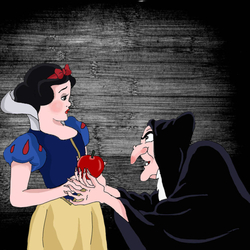Poison Code.
So the answer to our earlier question; "who controls code"; is we, the people do.
There are several reasons it's highly desirable that code remains democratic and under public control with unrestricted opportunity for individuals to learn, examine, modify, share and contribute.
Most importantly, if only giant corporations wrote code we have no reason to trust them any more than a random member of the public. Indeed we have less, since they are motivated by profit. Commercial code tends toward tasteless McNuggets, the lowest common denominator that people will stomach.
Further, experience shows that, at least in peace-time, giant monolithic efforts, whether undertaken by corporations or governments, rarely succeed. The task of supplying the world with code in an ever changing landscape dwarfs even the Apollo and Manhattan projects. It is more akin to farming the food necessary to feed the whole planet.
We also find that mono-cultures are catastrophic. They are brittle and prone to "class" failures, such as happened when the entire world banana crops were almost eradicated by a single pest. All of the biological diversity and resistance had been bred out as the same variety were grown everywhere. Lack of diversity and independent innovation will surely kill digital technology.
That is why computer software is one of the most democratic institutions in history. And yet that makes it, and all its participants, very vulnerable too.
Coders often work alone, unsupported, unpaid, at labours of love. They must build tenuous trust relations, be clever diplomats and team leaders, and be articulate in stating their needs and aims.
And yet the psychological stereotype of the lone coder is insular, autistic, and socially awkward. Being a free software coder makes huge demands. We need others, but are often forced to put up barriers and isolate for fear of corporate gangs stealing (or "forking" and "monetising") our creations without attribution or remuneration.

